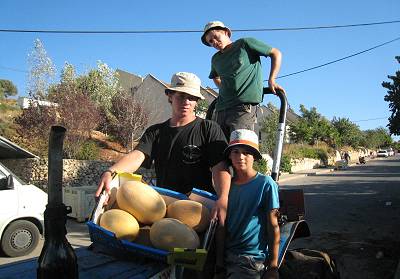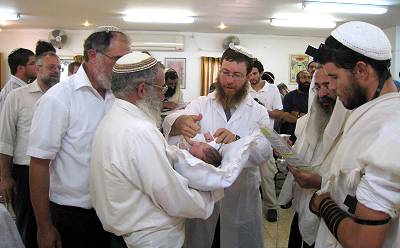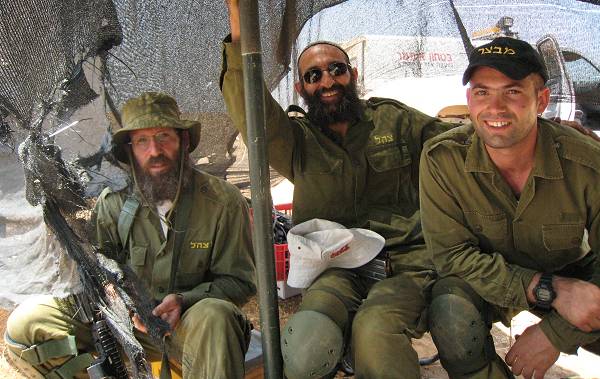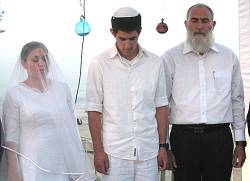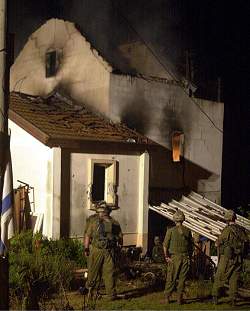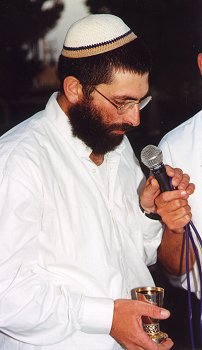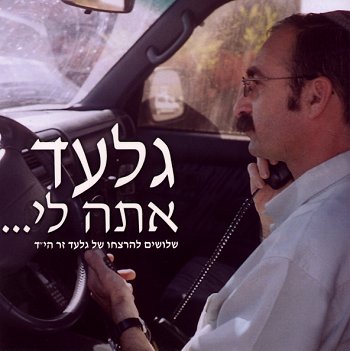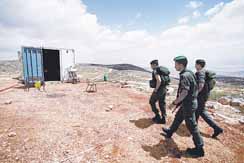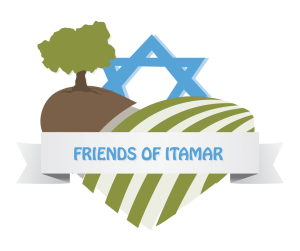Itamar News July 20th 2007
July 20th 2007 1. This passed Sunday, Erev Rosh Chodesh Av, The Itamar ladies went on a special outing to a spa near Haifa. They had a great time and they want to thank the special
Itamar News July 13th 2007
July 13th 2007 / 27 Tamuz 5767 1) Unfortunately, Itamar had a terrible tragedy this week. One of our dear students of our Yeshiva high school, Evyatar Mahon that just graduated a f
Itamar News July 5th 2007
July 5th 2007 / Yud Tet Tamuz 5767 1)This week our campers had the privilege going out on an all day water park excursion to Kibbutz Chofetz Chaim – we want to thank all our
Itamar News Updates June 27th 2007
11 Tamuz 5767 /June 27th 2007
Itamar High School Massacre and Shabo Family Massacre First-hand Account
Tammuz 5762 (June 2002) Dear Friends, My name is Moshe Goldsmith. I am a rabbi at the yeshiva high school at Itamar and a resident of the settlement of Itamar for the last 17 yea
A small taste of what we are going through
Dear Jonah, Thank you for your continued concern. Itamar, as I’m sure you are aware, has been going through a very difficult time. A little less than two weeks ago, we lost anoth
Meir Lixenberg
Arutz 7 9 Elul 5671 Itamar Resident Murdered Itamar Resident Buried Meir Lixenberg, 36, father of five, was murdered yesterday afternoon by Arabs on his way home from work. As his
Gilad Zar
Wednesday, May 30, 2001 Three killed; settlers demand revenge By Nadav Shragai and Amnon Barzilai Ha’aretz Correspondents Cries for revenge accompanied by accusations that go
Arieh Arnaldo Leon Agranionic
from Jerusalem Post: Guard killed by terrorists at isolated farm By Margot Dudkevitch (May 9) – Arieh Arnaldo Leon Agranionic was murdered by terrorists early yesterday morni

